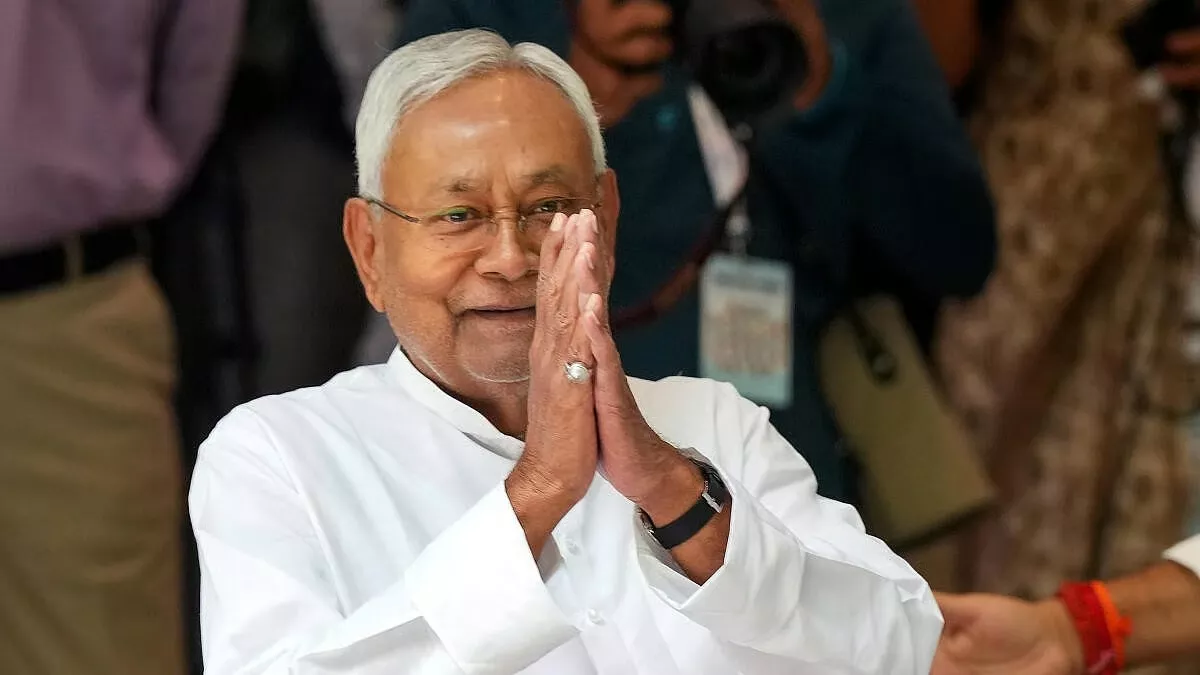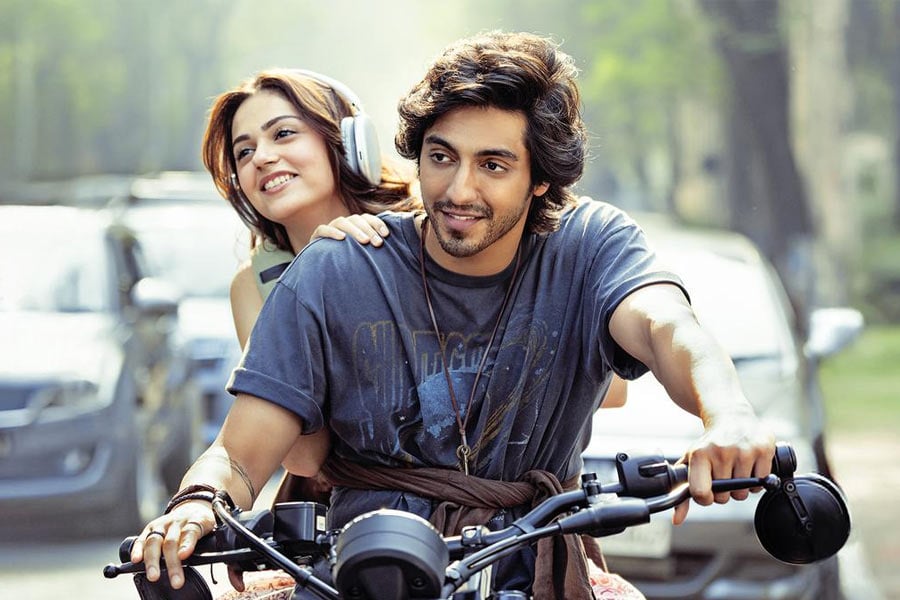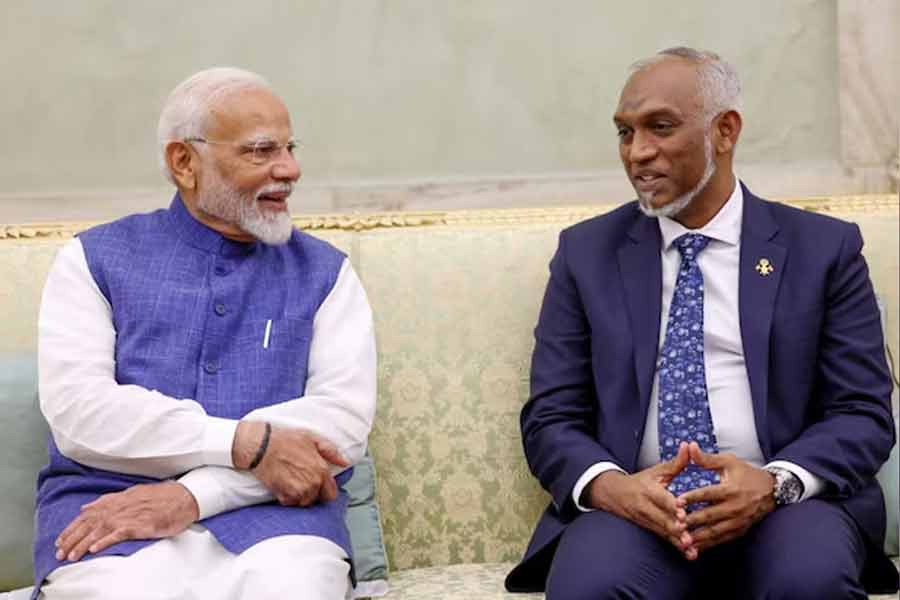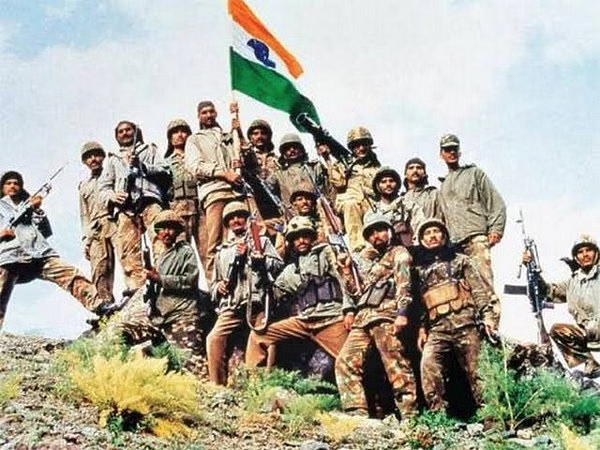In a heart-wrenching incident from Uttar Pradesh, 21-year-old Radhika Yadav was allegedly shot dead by her father, Vinod Yadav, following a heated argument that had left him fuming for three days. The chilling murder, which has shocked the local community and the nation, unfolded in the city of Hardoi, shedding light on the growing issue of domestic violence and emotional breakdowns within families.
Father Shot Daughter After Argument Boiled Over
According to police reports, the accused father, Vinod Yadav, confessed to killing his daughter Radhika Yadav after three days of unresolved anger stemming from a personal dispute. Radhika, a college student, had reportedly argued with her father over lifestyle choices and independence—topics that often spark generational clashes in conservative Indian households.
The argument had reportedly escalated last week and concluded violently when Vinod, unable to control his rage, took a country-made pistol and fired at Radhika while she was at home. The bullet hit her chest, and she died on the spot.

Community in Shock: Neighbors Reveal Troubling Patterns
Residents of the locality were stunned by the incident. Many described the Yadav family as “normal,” though some neighbors did mention frequent verbal spats in the household. According to eyewitnesses, Vinod fled the scene after the crime but was later apprehended by the Hardoi Police following a manhunt.
Police have registered a case of murder under Section 302 of the Indian Penal Code (IPC). The firearm used in the crime has been recovered, and further forensic tests are underway. Radhika’s body was sent for postmortem, confirming that she died of gunshot trauma.
This case once again highlights the growing frequency of intra-family violence, mental health ignorance, and a lack of conflict resolution mechanisms in many Indian families.
Generational Gap, Honor, and Control: The Deeper Social Issue
What led Vinod Yadav to turn violent against his own daughter? Experts believe it’s a mix of generational conflict, patriarchal control, and rising frustration. In many parts of India, young women are still battling for personal freedom and autonomy—often clashing with traditional values upheld by elders.
Radhika was reportedly outspoken and independent, qualities that may have caused repeated friction with her father. Instead of seeking help or mediation, the father chose violence—an unfortunate but increasingly common trend in domestic conflicts across India.
This case raises important questions:
Why is mental health counseling still taboo in many Indian households?
How can we introduce anger management programs for at-risk individuals?
What legal reforms are needed to protect women within their own homes?
Conclusion: A Life Lost, A Lesson for Society
The murder of Radhika Yadav is more than a crime—it is a warning. A warning about what can happen when rage replaces reason, and silence replaces intervention. As the legal process moves forward, it is vital for society to reflect on the urgency of addressing domestic violence, emotional trauma, and communication breakdowns in families.
📢 If you or someone you know is facing domestic abuse or family-related stress, don’t stay silent. Speak up. Help is available.









